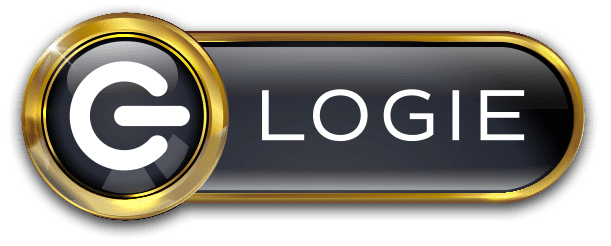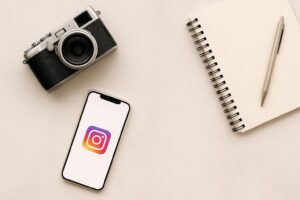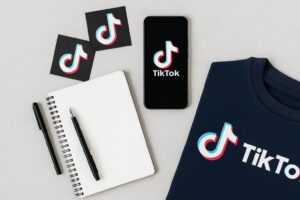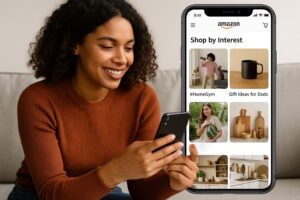To promote mental health, TikTok has joined forces with the World Health Organization (WHO) to boost awareness of mental well-being and literacy. This partnership leverages TikTok’s global reach to disseminate reliable mental health information, fight stigma, and empower its vast user base.
Mental health issues, often misunderstood or stigmatized, affect millions worldwide, and through this initiative, TikTok aims to provide its users with education, support, and accessible mental health resources.
The Need for Mental Health Awareness
Mental health has become an increasingly important topic, especially given the global challenges posed by the COVID-19 pandemic.
From isolation to anxiety, many individuals have faced mental health struggles that often go unnoticed. However, a significant barrier to addressing these challenges is the lack of reliable information and the stigma that surrounds mental health issues.
As TikTok aptly mentions, “Our mental well-being is as important as our physical health.”
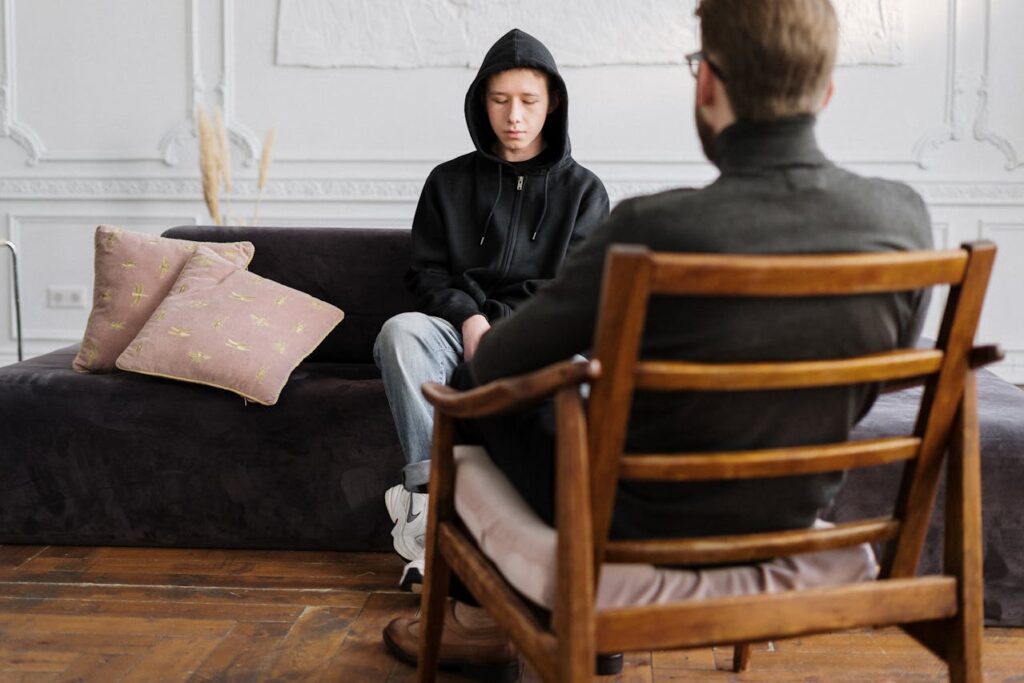
This acknowledgment reflects the platform’s commitment to using its massive user base, primarily young people, to make mental health discussions more mainstream.
Partnering with the WHO, TikTok aims to change the narrative, making mental health discussions open, normalized, and educational.
How the Partnership Works
The collaboration between TikTok and WHO is multifaceted, aiming to provide both information and engagement. Through this partnership, TikTok will feature:
Mental health literacy content: Short-form videos and posts that address common mental health conditions, symptoms, and coping mechanisms. These videos aim to educate users about mental health while providing practical tips on improving well-being.
Campaigns to reduce stigma: TikTok plans to engage its community through mental health campaigns that encourage users to share their own experiences, thereby breaking the silence that often surrounds mental illness. This is crucial as stigma remains a key challenge in addressing mental health problems.
Access to professional resources: TikTok will offer links to trusted mental health organizations and helplines, ensuring users can find professional support when needed.
One of the most exciting aspects of the collaboration is the use of real-time engagement. TikTok plans to host live streams and interactive Q&A sessions with mental health professionals, giving users the chance to ask questions and seek advice more directly.
Using Digital Platforms to Promote Mental Health
Digital platforms like TikTok have a unique role in mental health advocacy. With its global user base, TikTok can reach diverse demographics, including those who might not have easy access to mental health resources.
This democratization of information helps bridge gaps, providing users in different regions with the tools they need to understand and take care of their mental health.
Through creative storytelling, TikTok can destigmatize mental health by encouraging users to share their stories. As users relate to others, they realize they are not alone, creating a sense of community and shared understanding.
Only social platforms like TikTok can offer this ability to humanize mental health issues and allow for authentic connections.
The Role of Influencers and Advocates
A key aspect of this initiative will be the involvement of influencers and mental health advocates. TikTok creators have the power to shape conversations, and the platform recognizes this by encouraging influencers to participate in mental health discussions.
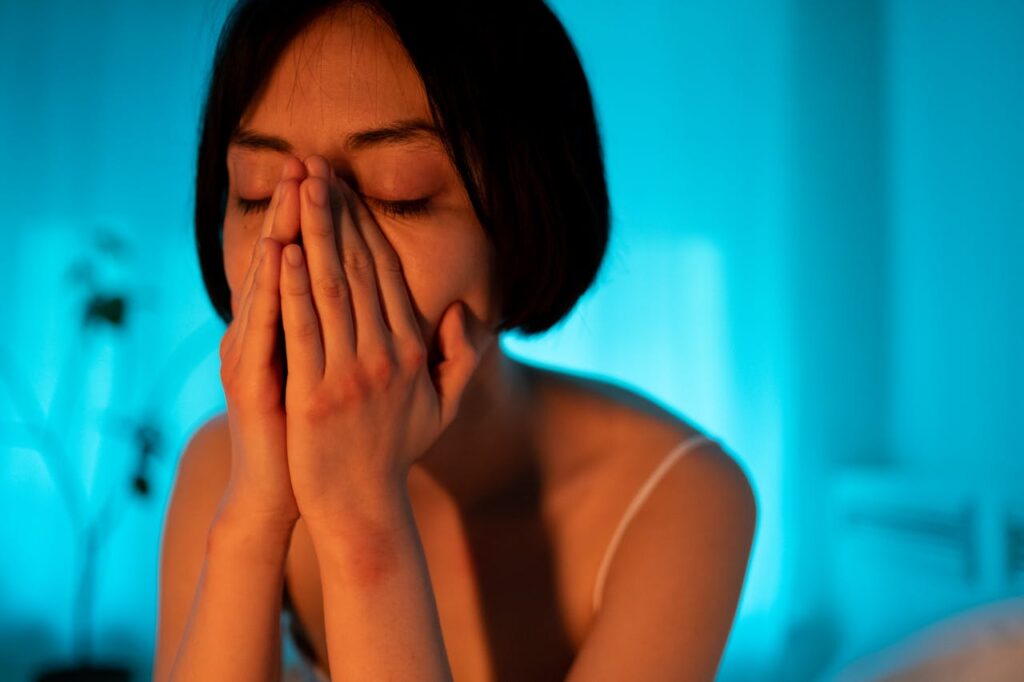
These advocates help amplify the message by sharing stories that many people can relate to and inspiring users to participate.
Additionally, well-known figures such as Billie Eilish have already participated in mental health-focused initiatives on TikTok, using their platforms to spark important conversations. As TikTok points out, “the influence of public figures can help break down barriers and open up dialogue around mental health.”
Tackling Misinformation
With the rise of digital platforms comes the risk of misinformation. False or misleading content can be dangerous, especially in matters related to health. TikTok’s collaboration with WHO serves as a commitment to combating misinformation.
By ensuring that all mental health content follows WHO’s rigorous guidelines, TikTok ensures that its users are receiving science-based, accurate information.
The partnership between TikTok and the WHO is a positive step in fostering awareness of mental well-being.
By combining TikTok’s global reach with WHO’s expertise, the initiative is set to mainstream mental health conversations, encourage community engagement, and offer reliable resources to those in need.
As mental health becomes an increasingly important part of global health, this partnership stands out as an example of how digital platforms can play a pivotal role in improving well-being worldwide.
